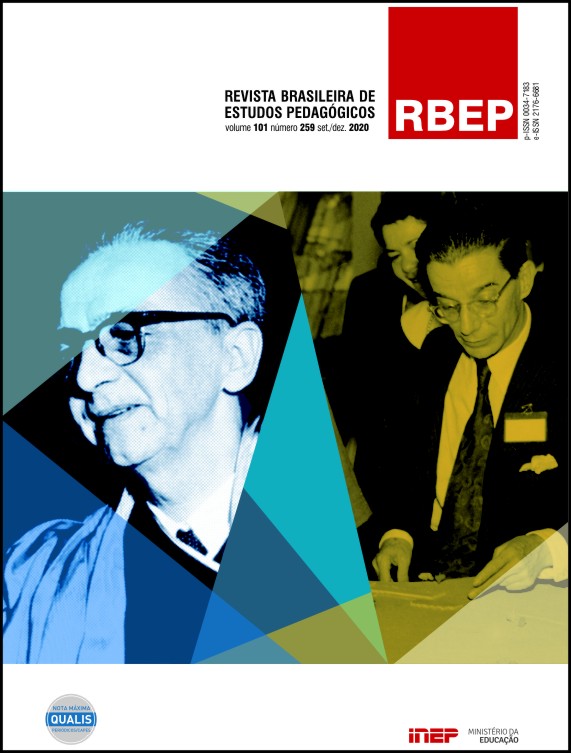Alterity and interculturality at school: an ethnographic study of Bolivian students in São Paulo
Abstract
At the beginning of the 21st century, the question of external migration to Brazil became something to be discusses once again. In the city of São Paulo, Bolivian immigration stands out. It has maintained its numbers for a few decades and led to the enrollment of foreigners in public schools in the area.. Considering how important the presence of Bolivian students in the municipal education system of São Paulo is, the objective of this article is to analyze how the relations between these students and local educators and also between them and their peers in a public school environment occur. A municipal elementary school located in the Mooca, a neighborhood in the east of São Paulo city, was chosen for having a considerable number of Bolivian children in the literacy cycle. The methodology used was an ethnographic study with participant observation and interviews with school educators were also conducted. The main points worked in this study were related to discrimination, prejudice and the essentialization of identities in a space where interculturality is not promoted, despite the existing cultural diversity. Data was analyzed in light of social theory concerning cultural diversity, interculturality, and otherness. Ultimately, it is concluded that teaching institutions must build integration practices for different cultural backgrounds.
Downloads
Once their work is accepted for publication, author’s copyrights are automatically relinquished to the National Institute for Educational Studies and Research Anísio Teixeira (Inep).
Since 2016, the journal Revista Brasileira de Estudos Pedagógicos (RBEP) uses the licence CC-BY.
Partial or total reproduction of the content of this Journal is permitted provided that the original publication is properly referenced, as well as a link to license CC BY 4.0 and to indicate any possible alterations made to the article.




















